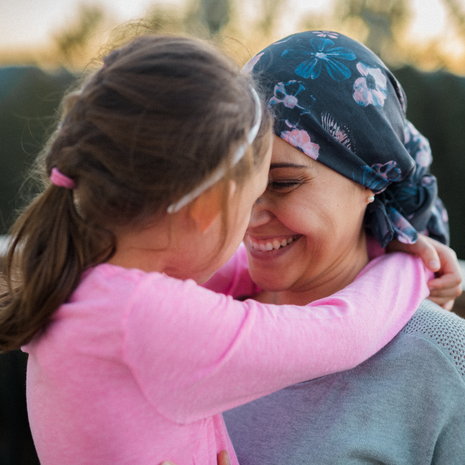
Palliative Care for Cancer Patients

Palliative Care for Cancer Patients
Prioritize Your Well-Being While Living with Cancer
Our palliative care team helps manage symptoms and emotional challenges at any stage of your cancer journey, improving your quality of life and well-being. While it doesn’t treat cancer directly, palliative care works alongside your medical treatment to address physical, psychological, social, and spiritual needs.
We offer support for symptoms such as pain, nausea, shortness of breath, anxiety, insomnia, loss of appetite, depression, fear, and fatigue. Treatment may include medication management, emotional support, counseling, spiritual care, or connecting you with specialists who can provide personalized care.
We also recognize the needs of caregivers and help with emotional and spiritual concerns that may arise along the way.
This additional layer of care allows you to focus your time and energy on what matters most to you, with the goal of living as well as possible throughout treatment and beyond.
Talk to your care team if you would like a referral. Once a referral is received, a member of the palliative care team will call you to schedule an appointment.

Palliative care helps ease side effects and symptoms so you can feel more comfortable and focus on what matters most to you throughout your cancer journey.
What's the difference between palliative care and hospice?
- Eligibility is not dependent on the stage of cancer diagnosis or life expectancy.
- Curative treatment continues for cancer diagnosis.
- Care is provided in the clinic, during clinic hours, similar to other medical appointments.
- Co-pays and prior authorizations from insurance continue for medications and equipment.
- All medical appointments, scans, labs, etc., can continue per patient preference, including visits to urgent care clinics or Emergency Departments. Insurance policies and co-pays continue to apply.
Frequently Asked Questions
Insurance coverage can vary, but most health insurance plans have at least some coverage for palliative care. There might be co-pays involved. It’s always a good idea to check with your insurance plan to make sure you have the most current information.

Supportive Oncology
More Than Medicine
We prioritize your connection to programs and resources that help promote healing, reduce stress, and manage cancer treatment side effects and symptoms.